Table of Contents
Whether you are a student, teacher or admin in an educational institute, you need effective time management to remain productive. Wasting time is not an option as it can lead to poor management and stress. It can impact the physical and mental health of students too.
Moreover, different statistics have told us that poor time management can lead to teacher burnout. This leads to less satisfaction with the job and being unable to provide all the essential resources and teaching material to students. That's why it is important to manage time effectively in an educational setting.
Importance of Managing Time Efficiently
Accomplish your goals faster: Appropriate time management enables everyone to accomplish their goals with ease. It makes sure that everyone is organized and avoids procrastination in their journey toward their goals.
Gaining Best Results: Students can remain organized and confident, which leads them to perform better in the classroom. So, they can gain the best academic results. Teachers can manage to give their best in teaching. Admins can avoid procrastination and prioritize important tasks for smooth working of various non-educational tasks.
Free Time: Time management is a healthy balance between professional and personal life. It leads everyone to complete their tasks on time, saving them a bunch of time for doing self-care activities.
Getting Relax: Gallup survey found high daily stress in 46 percent of teachers. This stress is because of poor time management, which leads to extreme burnout. So, time management can avoid this situation and save them time to get relaxed. This relaxation time increases their productivity.
Become More Efficient: Time management leads you to focus and increase your efficiency. It can enable you to accomplish more within less time. The research found that 71 percent of students are confident that better time management could help them in enhancing their productivity and efficiency.
Tips of Managing Time for Students, Teachers and Admins
Time Blocking Technique
Different psychologists have recommended the time-blocking technique for personal development. This technique involves dedicating specific time blocks to special tasks. In it, you have to dedicate a specific time block to one task and avoid multitasking at that time. Elon Musk, Bill Gates and all other billionaires are using this technique.
Benjamin Franklin is one of the early adopters of this technique. He made his daily schedule where he dedicated specific time blocks to rest, lunch and chores. It enables him to do deep work for two hours without any interruption. This boosts his personal development and time management.
SMART Goals
Breaking goals into manageable steps is crucial for time management. SMART goals mean small, measurable, attainable and realistic goals that could be achieved within a specific time frame. If you break down complex tasks into simple steps, it will boost your productivity, and you can manage your time easily. People procrastinate when they find a task difficult. But, SMART goals help them in taking their first step.
You can focus on constant progress and develop better habits in your life if your goals have a direction. SMART's main aim is to create realistic timelines for achieving your goals and tasks. You need to make your daily schedule based on realistic timelines.
In it, psychologists have introduced The Planning Fallacy technique. This technique taught people that they should create timelines depending on how familiar they are with the task. If they know how to do a task, they can achieve it quite quickly. So, they should give themselves a tight deadline.
Take breaks
Taking suitable breaks between projects is important to remain active and focused. If you don't remain active, you can start lagging in your projects, which can lead to poor time management.
Sleep researcher Nathaniel Kleitman says that our minds naturally crave breaks after every 90 minutes of intense work. If we don't give it that break, it will become fidgety, hungry, sleepy and stop focusing on goals.
Francesco Cirillo, the time management expert, introduces the Pomodoro technique. In this technique, you need to dedicate 25 minutes to deep work and then, take 5 to 10 minutes break. You have to set the timer for 25 minutes and get a small break after that. After four rounds of it, you need to take a long and relaxing break of 25 to 30 minutes.
During this break, you can take a cup of coffee, go for a long walk, meditate or exercise. Do whatever you love in that break so that you can remain focused on your projects to complete them on time.
Remove Distractions
Different psychologists have recommended various techniques to optimize the study or work time. The major recommendation is to remove all kinds of distractions when students, teachers and professionals are doing work.
There shouldn't be any social media, television, noise and distractions in their environment. McDaniel and other psychologists recommended that there should be a dedicated corner for people where they could study and work. That room or corner shouldn't have any kind of distraction even not your smartphone. You should either switch it off or leave it somewhere else. There shouldn't be a television in your dedicated work corner. Moreover, family members should know that they are not to disturb you while you are in that corner.
Avoid Multitasking
Multitasking is a new trend and a lot of people believe that it is a productive way of doing things. But, various studies have proved that this notion is wrong. Different researchers have found that multitasking involves a waste of time, stress, anxiety and an overload of information. It can impact the productivity and health of people.
A study found that focusing on one task in place of multitasking can enhance your productivity by 500 percent. So, you should avoid multitasking and focus on only one task in a specific time frame.
Prioritize your work
Italian economist Vilfredo Pareto developed the 80/20 rule for prioritizing tasks. It states that 20 percent of activities are accountable for 80 percent of results. So, it wants you to prioritize the tasks that are most important so that you can achieve your goals swiftly.
You can group tasks into four categories: urgent and important, not urgent but important, urgent but not important, and neither urgent nor important. You should complete urgent and important tasks before proceeding with other categories.
You should also start saying no to unimportant tasks that would take your time. Moreover, you should outsource or delegate tasks when possible.
Digital Tools for Time Management of Educational Stakeholders
Students: Students could use digital notebooks, planners, calendars and various other AI tools to manage their time and boost their productivity. For example, GetZing is a tool that offers a comprehensive habit management feature that enables students to manage their goals. Calm and Headspace are a few tools that help them relax during breaks to enhance their productivity. Mayday is another tool that enables people to organize their days through its digital calendar. The Focus app also helps in boosting focus while doing important tasks.
Teachers: Various tools can automate a lot of teaching tasks, saving time for tutors. For example, School AI is a tool that helps in automating writing tasks for teachers. It could save their time in lesson planning and writing. AI Teacha is another amazing tool that automates lesson planning and assessment creation. Along with these types of tools, teachers can use focus apps and digital calendars to manage their time.
Professionals: Professionals present in the non-teaching field can use various AI-powered tools for time management. For example, the Monday app allows them to manage their projects, track their time allocated to specific projects, and organize their team. Floutwork is another tool that allows managers to manage their tasks and emails, track their time, and use the calendar.
Conclusion
In short, time management is crucial for all educational stakeholders to achieve success in their professional and personal lives. They could perform their various tasks in a short time, enhancing their productivity. It could save them a bunch of time for self-care activities, boosting their mental and physical health. So, all of you should follow different time management techniques to have a successful life. We have discussed various methods in this blog that are recommended by psychologists and sleep experts. So, you could try all of them to get better time management results.







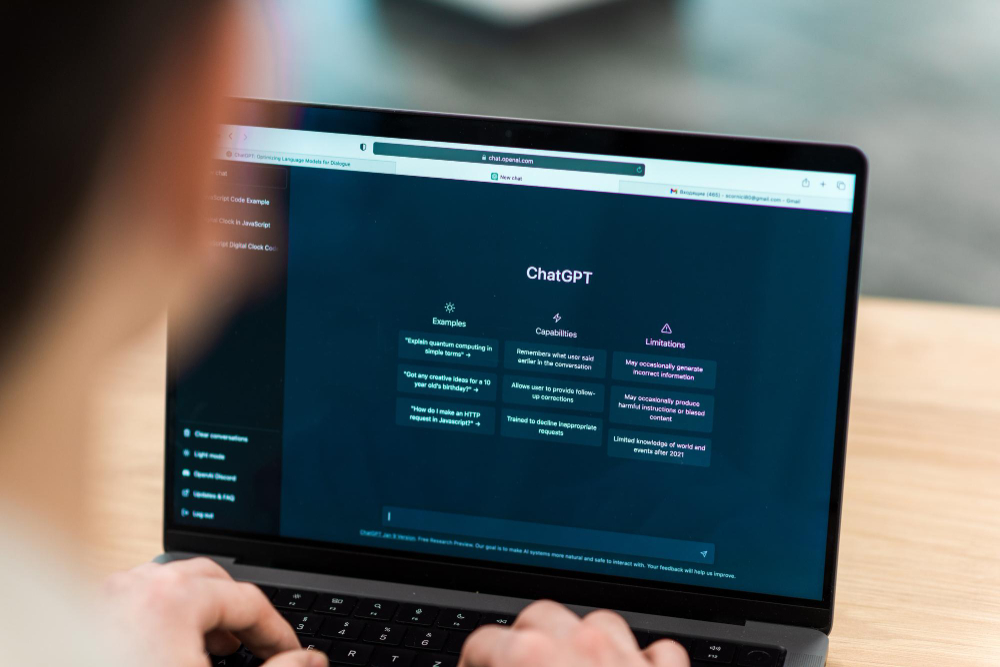





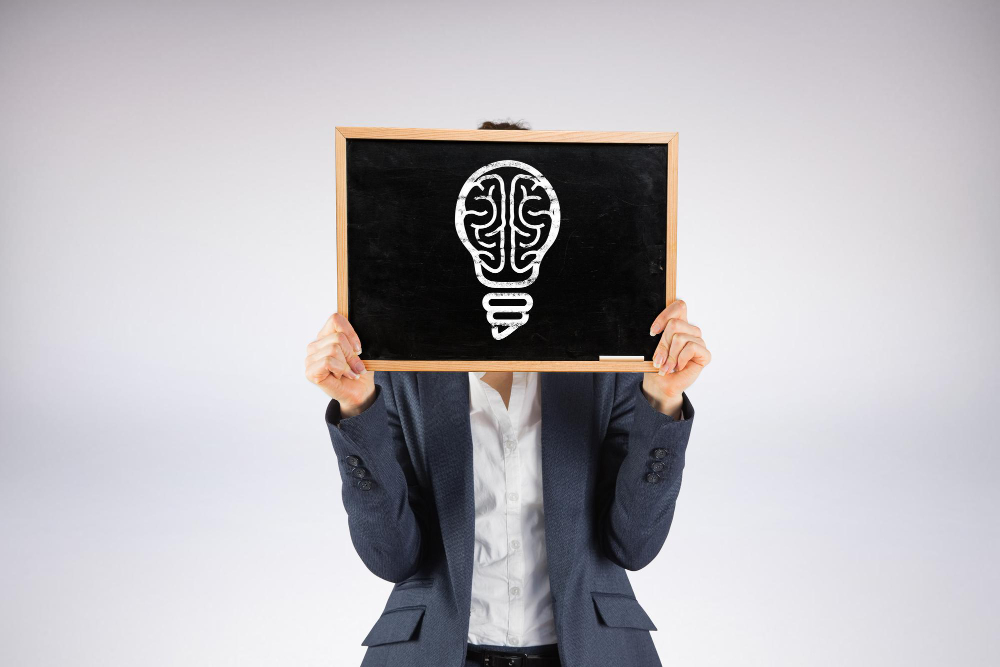

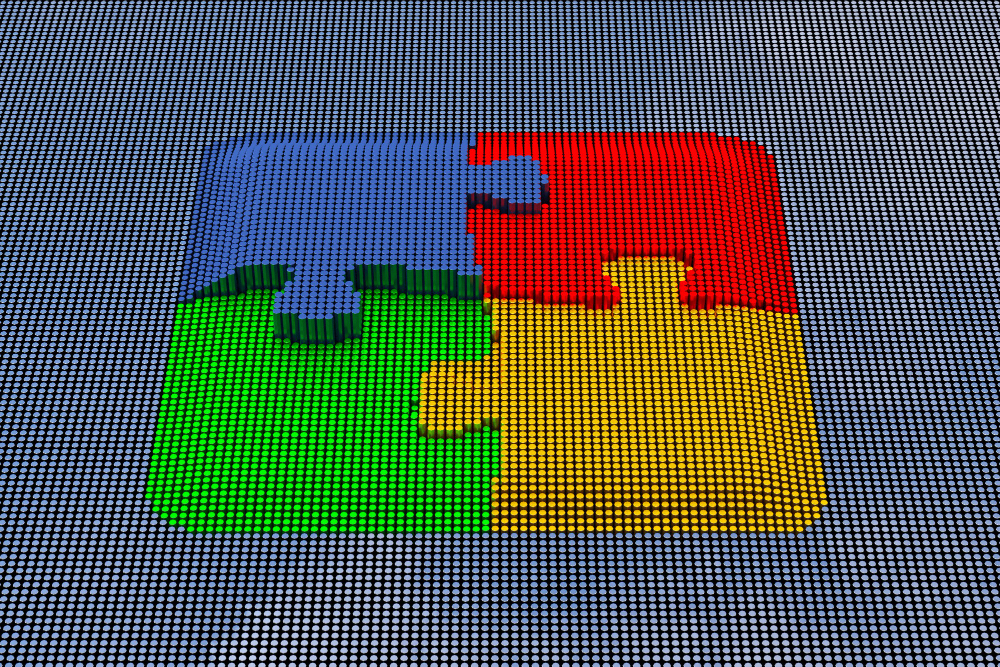













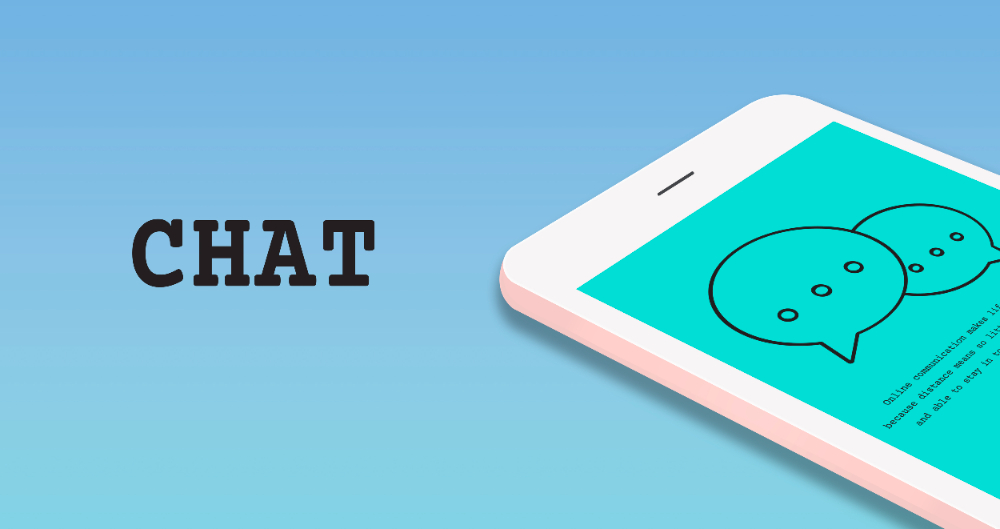
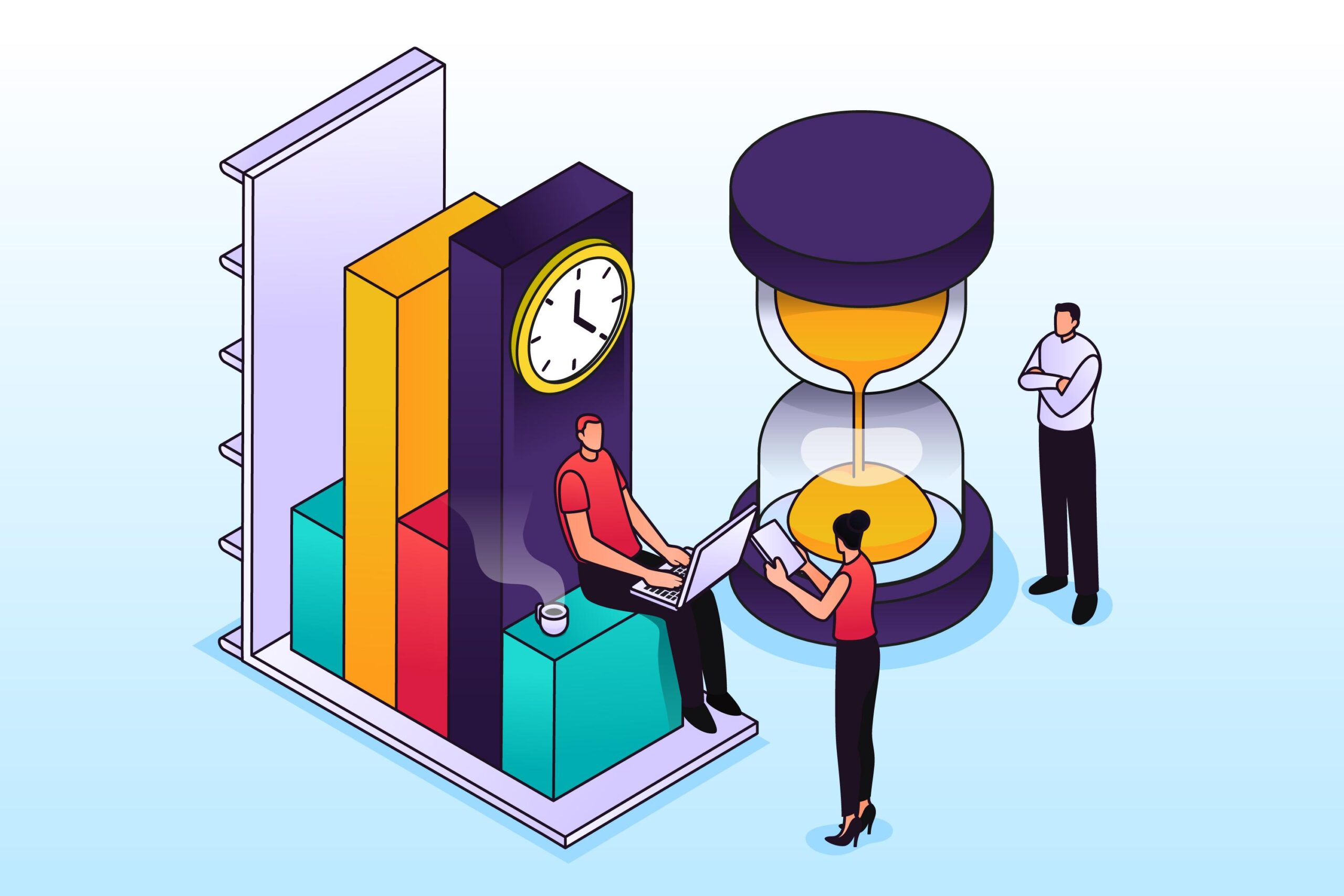
Comments are closed.